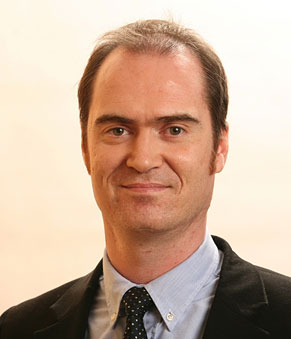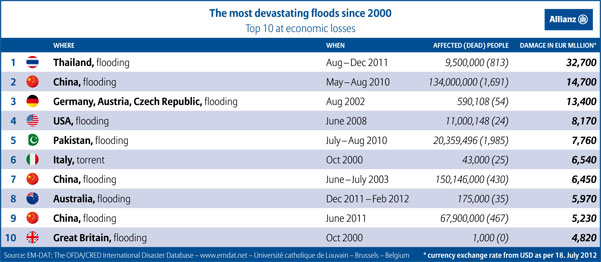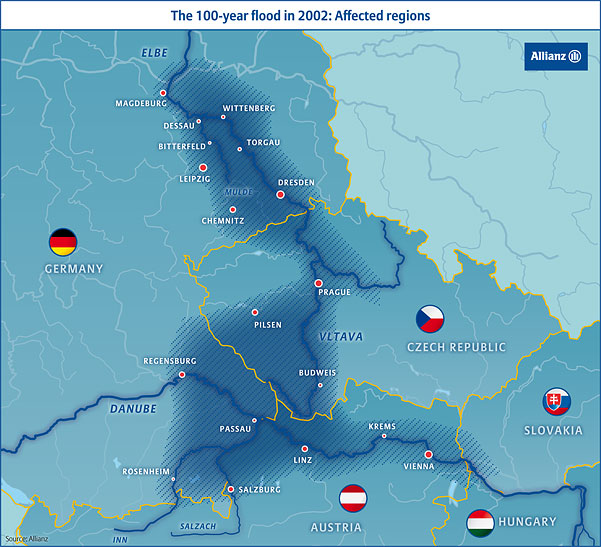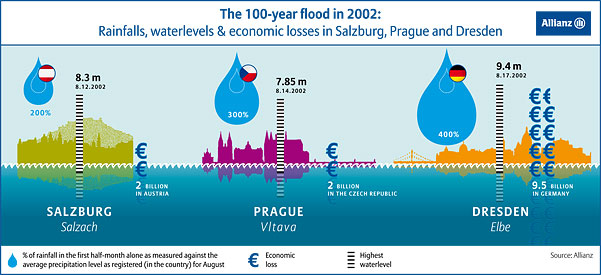How extreme was the flood event of August 2002?
David Maréchal: The flood in August 2002 was an extreme event, with extremely heavy rains coming down in a very short time. The anti-flood plains or reservoirs could only take in a small amount of this water – small streams became torrents within hours, rivers turned into lakes, houses were gripped by the masses of water, towns were inundated. But: events like this have happened before. For examples, a similar flood happened in Prague in July 1432; and in 1997, Poland and the north of Czech Republic saw an event of simil
A lot of discussions followed this event, whether the towns and regions had been well prepared. There was a lot of criticism.
People should be careful, before they criticize. Being prepared of course is good: people should have the right insurance and make sure that they follow orders, for example, when they are asked to evacuate their home. Towns should have emergency plans in place. Hydrologists should closely monitor water levels. However, when such an extreme event occurs, you can be as well prepared as you like, but you will not be able to stop the water masses. It is good that a city like Prague has now got a good flood barrier in the historic old town – but this comes at a price too. A flood barrier only shifts the location of the flooding, it does not stop the flooding.



